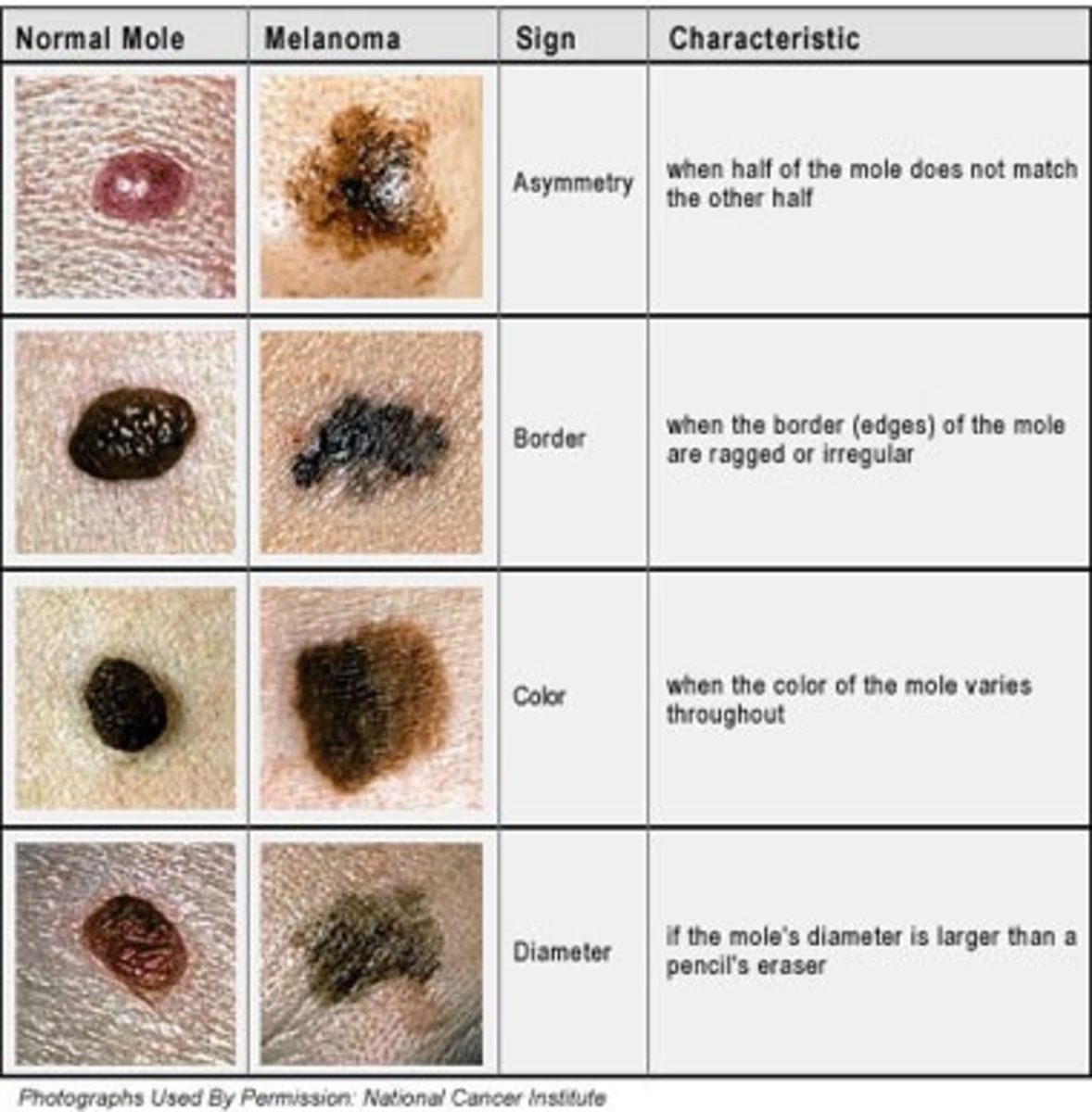Hypochondriacs are a Real Pain


Everybody knows one. They’re the person who constantly regales their circle of family and friends with talk about their newest aches and pains or medical condition. They are often so annoying people will cross the street to avoid them rather than be accosted by a comprehensive list of their ailments…real or imagined.
A hypochondriac is generally defined as a person affected with a psychological disorder, characterized by an excessive fear or anxiety and somatic apprehension, including attention to minute details of bodily functioning and exaggeration of symptoms, no matter how insignificant. They often arise after learning of them on TV, radio, in magazines or from an ailing acquaintance. A hypochondriac can frequently be identified by their inordinate number of medical exams or consultations.
However, hypochondriacs have a real psychological disorder. It is often chronic and sufferers are very anxious about their health. A hypochondriac fears even a minor physical symptom could be a sign of serious illness.

Even when reassured by physicians there is nothing wrong, a hypochondriac is firmly convinced there is. In actuality there is something seriously wrong…they are stricken with a condition known as hypochondriasis. Ironically, hypochondriacs can actually become sick and develop symptoms of a particular malady through excessive worry. Hypochondria occurs about equally in men and women. It can develop at any age, but most often starts in early adulthood.
Fortunately, there are treatment options available for those suffering from hypochondriasis. But left untreated, hypochondria can be seriously debilitating and affect daily functions. Psychiatric counseling and certain medications have been found to be helpful in relieving some, if not all, anxiety and suffering.
It's not certain why some are overwhelmed by perceptions they have a major, undiagnosed health issue. But the general medical consensus is personality, life experiences and inherited traits may play a major role. It’s difficult to identify a specific cause. Specialists tell us often a childhood illness, prior serious condition or even poor health of a loved one may be responsible. Other factors may also be involved. Risk factors include:
- A family history of hypochondria
- Psychiatric and personality disorders such as anxiety and depression
- Physical, sexual, or emotional abuse during childhood
- Witnessing violence
- Death of someone close
- Stressful experience with an illness or that of a loved one
- Alcoholism and drug abuse
Even when reassured by physicians there is nothing wrong, a hypochondriac is firmly convinced there is. In actuality there is something seriously wrong…they are stricken with a condition known as hypochondriasis. Ironically, hypochondriacs can actually become sick and develop symptoms of a particular malady through excessive worry. Hypochondria occurs about equally in men and women. It can develop at any age, but most often starts in early adulthood.
Fortunately, there are treatment options available for those suffering from hypochondriasis. But left untreated, hypochondria can be seriously debilitating and affect daily functions. Psychiatric counseling and certain medications have been found to be helpful in relieving some, if not all, anxiety and suffering.
It's not certain why some are overwhelmed by perceptions they have a major, undiagnosed health issue. But the general medical consensus is personality, life experiences and inherited traits may play a major role. It’s difficult to identify a specific cause. Specialists tell us often a childhood illness, prior serious condition or even poor health of a loved one may be responsible. Other factors may also be involved. Risk factors include:
- A family history of hypochondria
- Psychiatric and personality disorders such as anxiety and depression
- Physical, sexual, or emotional abuse during childhood
- Witnessing violence
- Death of someone close
- Stressful experience with an illness or that of a loved one
- Alcoholism and drug abuse
Signs one may be a hypochondriac can include:
- Fearing minor symptoms are signs of something more serious
- Frequently switching doctors to get a different diagnosis then “nothing is wrong”
- Continuously talking about symptoms or suspected ailments with others
- Numerous physical complaints that often change over time
- Extensive research into specific illnesses and their symptoms
- Major distress and worries interfere with social life or work
- Believing a disease is present after reading or hearing about it
Treatment generally involves consistent care from a doctor, often in consultation with a mental health professional. Some studies have shown keeping a journal about what triggers anxiety can be extremely helpful. Additionally a doctor may prescribe some pharmacologic options. Some promising medications include fluoxetine, clomipramine, fluvoxamine, and imipramine.
An exercise program is another alternative. Not only is it physically healthy but it can relieve stress and contribute to one’s sense of well being.
Those having symptoms of hypochondria should consider talking to a mental health provider. However, not everyone worrying about health problems is a hypochondriac. Having symptoms of something a doctor can't diagnose can clearly cause anxiety, so in some cases a second opinion may be in order.
It’s important to note here, those searching for ailments matching their symptoms will more than likely find something. Minor ailments often have symptoms resembling more serious disorders. With the wealth of health information on the internet today, it’s easy to access information about everything that could possibly be wrong. That can needlessly fuel excessive anxiety. There's nothing wrong with being informed. That’s an important part of staying well.
Hypochondria symptoms may never completely disappear, but one can learn how to effectively cope with it.







